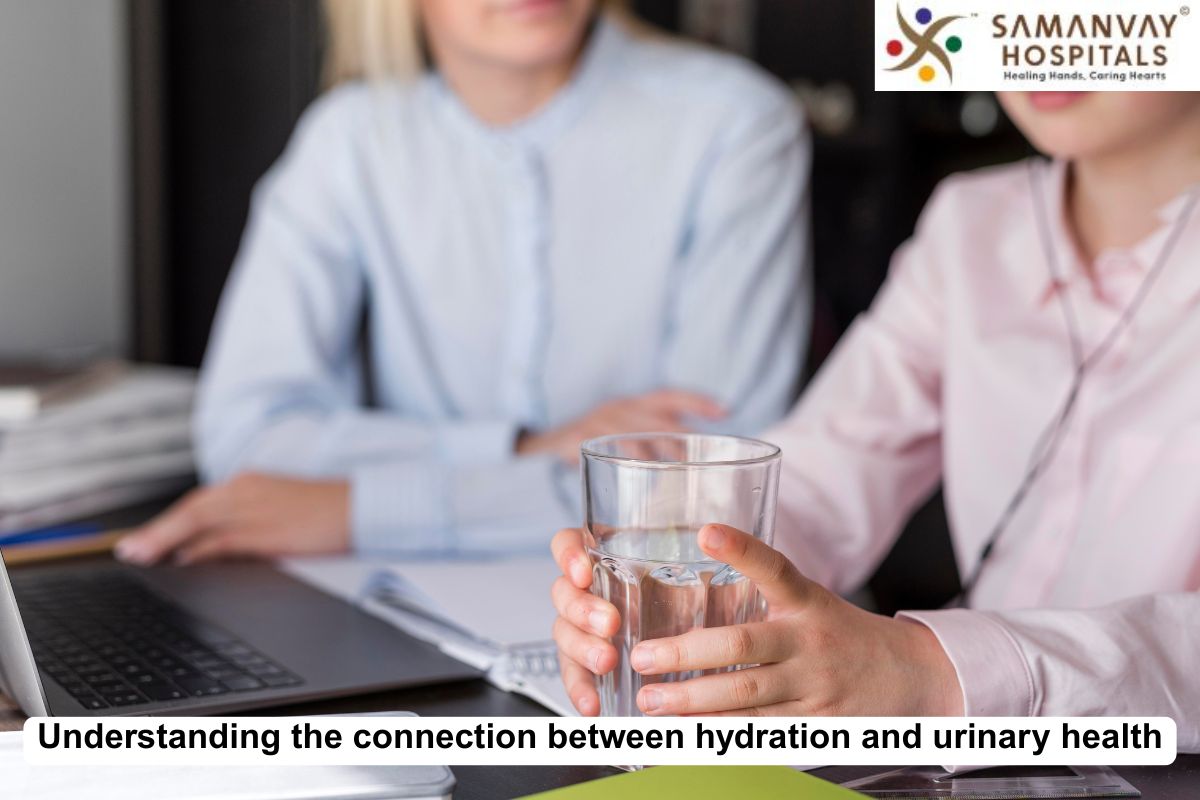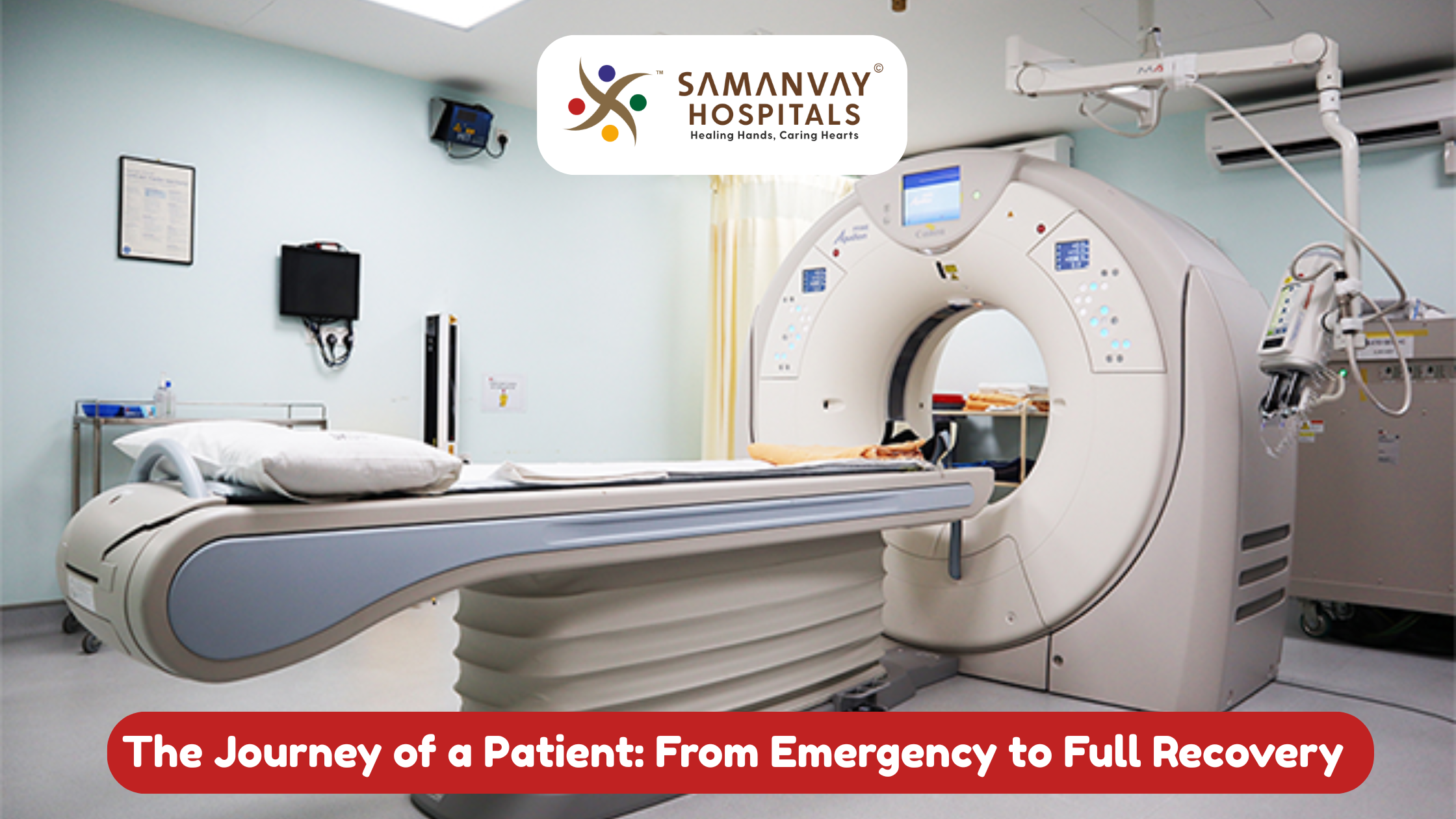
Table of Contents
- Introduction
- Why does hydration matter for the urinary system?
- How dehydration affects urinary health?
- Signs you may not be drinking enough water
- Common urinary problems related to low fluid intake
- Tips for staying properly hydrated
- The role of diet and lifestyle
- When to seek medical advice?
- Final Thoughts
Introduction
Water works on every part of your body , but most individuals do not know how important it is for the urinary system. Without proper intake of water, your urine will be centered and garbage can build inside your body. Your kidneys, bladder, and your urinary tract system requires a good amount of water to stay healthy and operate properly .
Therefore, proper hydration helps in removing toxins , promotes ease of urine flow, and protects against issues such as kidney stones or urinary tract infections .However, consuming water on a daily basis is an easy way to keep your urinary system in good health, avoid complications and feel better each day. This may result in pain , infection , or even severe kidney issues if not addressed for a long time
Why does hydration matter for the urinary system?
The primary work of the urinary system is eliminating waste and conserving fluid. Water is necessary because of the following reasons:
- Helps kidneys in eliminating toxins: Water dissolves the waste so that it can be easily passed out without any problem from the body.
- Prevents concentrated urine: Diluted urine prevents irritation in the bladder and the urethra.
- Electrolyte balance: Balanced health of potassium and sodium is maintained through proper hydration.
- Prevents infection: Frequent urination drives bacteria from the urinary tract.
Additionally, individuals who consume sufficient fluid are less likely to contract urinary tract infections (UTIs) or kidney stones.
How dehydration affects urinary health?
Dehydration begins when your body loses more water. Slight dehydration can damage the urinary system.
- The urine has a very bad and dark odor.
- Waste products stay in the kidney for a long time.
- The bladder is irritated, causing pain.
- There is higher risk of infection and stone.
Furthermore , children and old people are prone to dehydration because they don’t feel thirsty. Early identification prevents severe complications that would otherwise compel trips to the best facilities like the best hospitals in Baroda.
Signs you may not be drinking enough water
You may think thirst is the only symptom of dehydration but others will be generated first:
- Dry mouth or sticky saliva
- Fatigue or lack of energy
- Decreased use of bathrooms
- Headache or dizziness
- Constipation or hard stool
So mark your body and don’t wait for yourself to get very thirsty.
Common urinary problems related to low fluid intake
Dehydration causes a range of urinary problems.
- Urinary Tract Infections (UTIs)
If bacteria reside in the urinary system, infection takes hold. Adequate fluid intake washes out such bacteria from the body in an instant.
- Kidney Stones
Crystals precipitate from concentrated urine and harden into soft stones. Adequate fluid intake dissolves such minerals.
- Bladder Irritation
Dryness can make the bladder irritable, giving rise to urgency or pain.
- Chronic Kidney Problems
Severe or extended dehydration overtaxes kidney function. Excessively, patients are subjected to a lot of questioning in hospitals in India, where experts evaluate long-term kidney function.
Tips for staying properly hydrated
You don’t have to make it hard to drink properly. Simply try these simple tips:
- Drink water during the day, and not only when seated.
- Have a refillable water bottle handy as a reminder.
- Have a slice of lemon or cucumber in your water if plain water is uninteresting to you.
- Include water-dense foods such as melons, oranges, cucumbers, and tomatoes.
- Do not dry out with beverages such as coffee, alcohol, and sugary colas.
However , observe the color of your urine. If it is light yellow, you are likely well-hydrated, and if it is dark yellow, you need to drink more water.
The role of diet and lifestyle
Hydration is not simply water. Lifestyle also plays a role in urinary health.
- Healthy diet: Add fruits, vegetables, and whole grains to provide natural fluid intake.
- Exercise daily: Sweating will also dehydrate you a bit more, so counteract this with extra fluids.
- Limit salt: Excessive sodium will cause your body to hold water inefficiently.
- Don’t eat processed food: These have additives which load your kidney.
Moreover, in individuals with chronic conditions like diabetes or hypertension, you have to be careful with fluid intake more carefully. If you have no idea about the correct amount of water for you, then opt for consulting a urologist near by me for specific advice.
When to seek medical advice?
In some cases, drinking more water simply won’t cure urinary issues. You should visit your doctor if you have blood in your urine, stinging pain in your side or lower back, fever along with burning pain while passing urine, or chronic infection. Urine habits also changing are indicative of a big problem. Getting it in time is what will prevent small issues from growing into large health complications.
Therefore, a checkup with your doctor will tell you if dehydration is the culprit or if there’s another disease that is lurking behind your urinary system. Getting an early handle not only preserves your bladder and kidneys but also ensures you heal quicker and do not suffer further damage. Do not ignore these symptoms—only experts get it right.
Final Thoughts
The simplest way to maintain your urine health is through hydration. If you are consuming a lot of water, your kidneys can remove waste more effectively, your bladder will be healthy, and you will not be susceptible to infection. No matter what your lifestyle or your age, water is the key to keeping your urinary tract healthy.
Furthermore, pay attention to your body – urine or less trips in the bathroom indicate that you are not drinking enough fluids. Make a habit of hydration on a daily basis and maintain a simple, healthy routine. If you experience abnormal signs such as pain, hematuria or frequent infections, go to the doctor in the initial stage. Proper hydration is a small step that helps your overall long -term good health.






